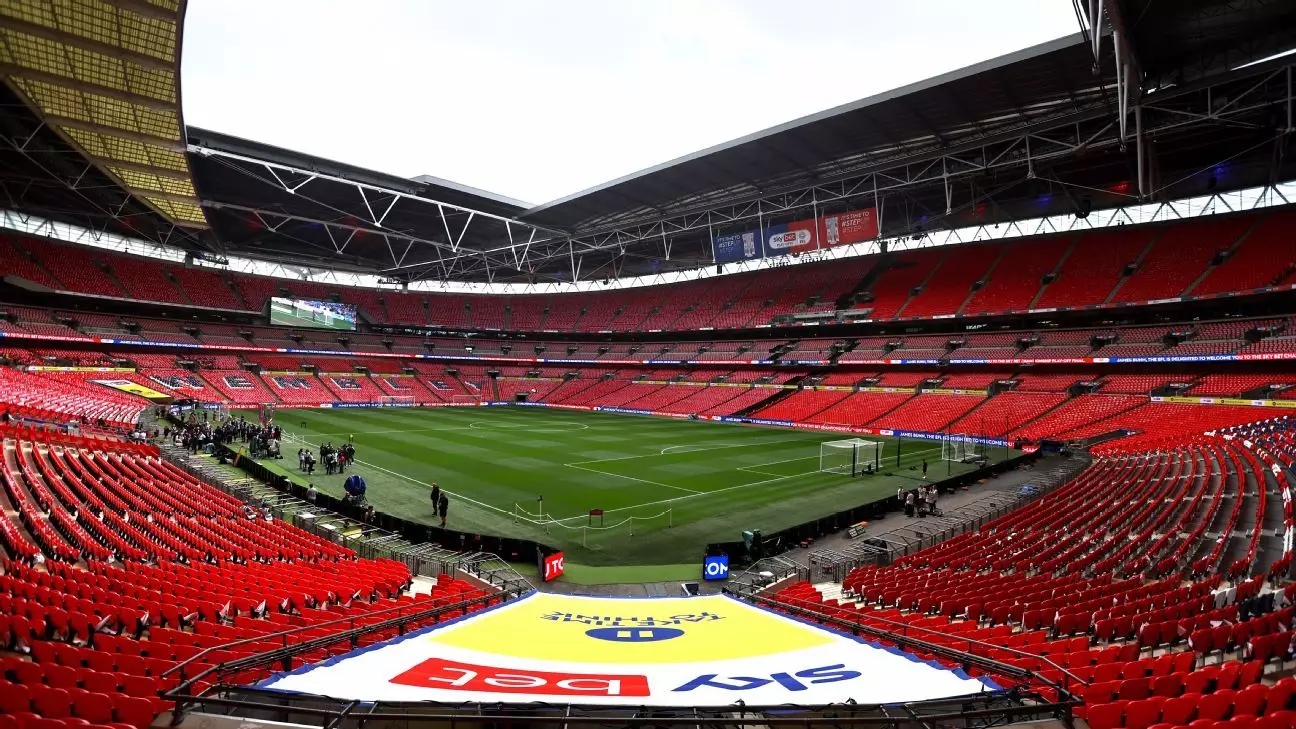The English football landscape is witnessing a significant evolution with the imminent introduction of the Football Governance Bill in the House of Lords. As the idea of an independent football regulator (IFR) inches closer to fruition, it aims to address the much-documented financial instability plaguing elite football clubs across the country. The bill symbolizes a response to both governmental pledges and growing calls for reform from passionate fans and stakeholders alike, indicating a transformative shift in how football is managed and governed in England.
The fundamental premise behind creating an independent regulator is to tackle the mounting financial crises that have led to the catastrophic failures of clubs in recent years. The Department for Culture, Media & Sport (DCMS) delineates that the bill aims to empower fans and ensure clubs remain integral to their communities. This move comes against a backdrop marred by distressing episodes like Bury and Macclesfield’s collapses, which starkly illustrated the dangers of poor governance and financial mismanagement. The IFR promises not only to monitor club finances but to instill a licensing regime that establishes consistent standards for club operations.
Former Manchester United player and current Salford City FC co-owner Gary Neville has been an outspoken proponent for independent regulation, articulating the argument that football should not merely be subject to the whims of individual owners. The acknowledgment of systemic inequalities prevalent in the sport adds weight to the call for a more equitable structure that promotes sustainability and success beyond short-term profits.
The transition from idea to concrete action has gained momentum following the election of Prime Minister Keir Starmer and his government’s endorsement of the regulator. The previous administration’s attempts to launch an independent regulator were somewhat stymied, but current political will is eager to see this initiative through. The Football Governance Bill comes at a critical juncture, especially in the shadow of the controversial European Super League proposal, which risked fracturing the traditional sporting pyramid that maintains a balance between competition and community.
By tackling issues of ownership and operational accountability, the bill aims to assuage concerns over a wealth-driven approach that favors a select few clubs over the broader sporting community. It’s a recognition that English football’s unique fabric is under threat from financial excesses, and reinstituting an egalitarian ethos could foster resilience and sustainability.
While the bill represents a significant step forward for many advocates of reform, it has not been without its critics. The Premier League has voiced apprehensions regarding the introduction of banking-style regulations, asserting that “unprecedented and untested” powers should not be given lightly to the regulator. Their concern lies in protecting English football’s stature as a globally admired institution capable of driving economic growth. By positing that unregulated powers could disrupt the delicate balance within football, the Premier League raises vital questions about the checks and balances that must accompany such power shifts.
Dialogue between stakeholder groups and regulators will be essential as the bill proceeds through the legislative gauntlet. Ensuring that the independent regulator has adequate oversight while maintaining the Premier League’s hard-won position is paramount for the health of English football.
The introduction of the Football Governance Bill marks the dawn of a potentially transformative era for English football. With a regulator poised to intervene in financial matters, safeguard clubs from reckless ownership, and reinforce fan engagement, the vision set forth could realign the priorities of the football pyramid. However, navigating through legislation while balancing the interests of traditional stakeholders will define the regulator’s journey. Ultimately, the success of this initiative hinges on the collaboration between the government, football authorities, and the passionate fan base that breathes life into the game. As this chapter unfolds, the hopes of ensuring that football remains accessible, fair, and sustainable for future generations rest firmly on the horizon.

